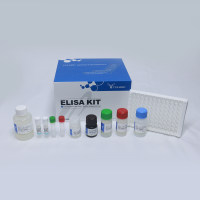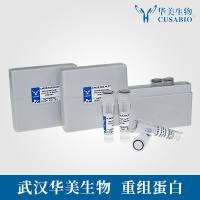Non-MHC-Dependent Redirected T Cells Against Tumor Cells
互联网
互联网
相关产品推荐

Nonstructural protein 2/NS2重组蛋白|Recombinant H1N1(A/Puerto Rico/8/34/Mount Sinai)Non-structural Protein 2/NS2
¥2570

促销中大鼠肿瘤坏死因子α(TNF-α)/Rat TNF-α/tumor necrosis factor (TNF superfamily,member 2)/Tnf;Tnfa;Tnfsf2;Tumor necrosis factor;Cachectin;TNF-alpha;Tumor necrosis factor ligand superfamily member 2;TNF-a) [Cleaved into: Tumor necrosis factor;membrane for/TNF/ELISA试剂盒
¥3420¥3800

Recombinant-Mouse-Selection-and-upkeep-of-intraepithelial-T-cells-protein-2Skint2Selection and upkeep of intraepithelial T-cells protein 2; Skint-2
¥12152

MKN45人低分化胃癌细胞|MKN45细胞(Human Poorly Differentiated Gastric Cancer Cells)
¥1500

Anti-Mouse MHC Class II (I-A/I-E) (M5/114.15.2) 65122-1-Ig
¥650
相关问答
推荐阅读
Direction of the Recognition Specificity of Cytotoxic T Cells Toward Tumor Cells by Transduced, Chimeric T-Cell Receptor Genes
Assays for Antibody-Dependent Cell-Mediated Cytotoxicity (ADCC) and Reverse ADCC (Redirected Cytotoxicity) in Human Natural Killer Cells
Tracking Antigen Specific CD4+ T-Cells With Soluble MHC Molecules

